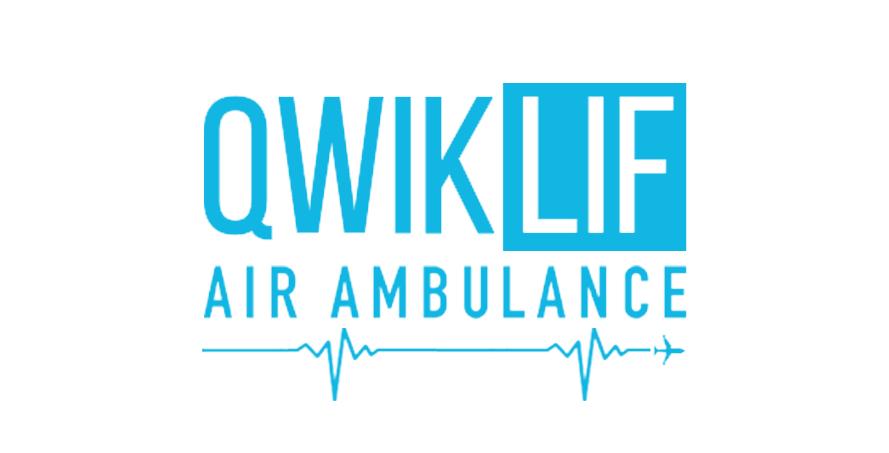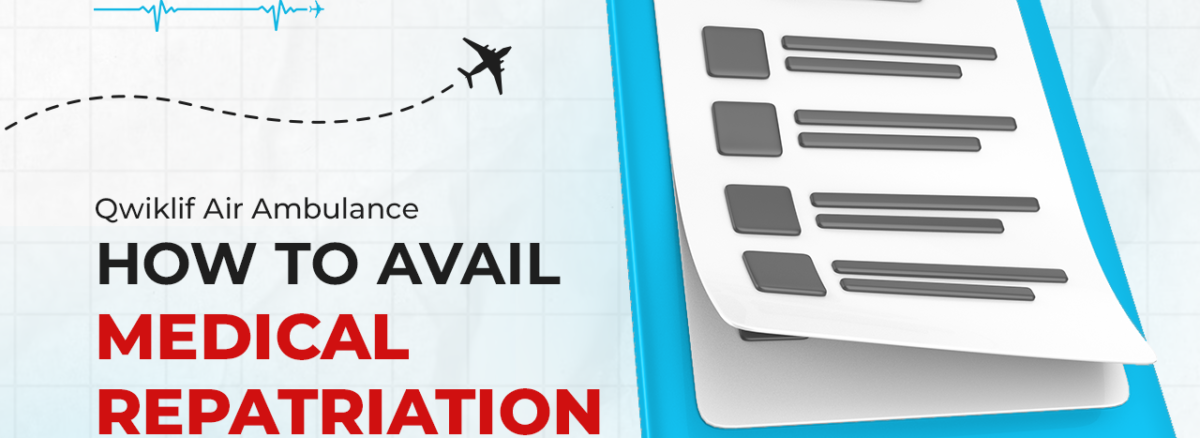- October 2, 2024
- admin
- Comment: 0
- Dedicated Air Ambulance by Qwiklif
Medical repatriation can be costly, but many health and travel insurance policies offer coverage for these services. If you or a loved one requires medical repatriation, here’s how to ensure your insurance covers the process:
1. Check Your Insurance Policy
Review your health or travel insurance policy to see if medical repatriation is covered.
Look for terms like “medical evacuation” or “repatriation of remains” in the policy.
Some policies may cover international medical repatriation, while others might only cover domestic transfers.
2. Contact Your Insurance Provider
Get in touch with your insurance company to confirm the coverage details.
Ask if medical repatriation is included and understand any limits or conditions.
Some policies may require prior approval from the insurance provider before arranging the repatriation.
3. Obtain Medical Documentation
Insurance companies typically require detailed medical reports to assess the necessity of repatriation.
Your doctor or the attending physician should provide comprehensive documentation of the patient’s condition.
Ensure the medical report highlights the need for repatriation and why treatment at the current location is not viable.
4. Coordinate with the Repatriation Service Provider
If medical repatriation is covered, your insurance provider may have preferred partners or a network of approved service providers.
If Qwiklif Air Ambulance is not on the list, check if the provider is willing to collaborate or approve the service.
5. Understand Costs and Coverage
Some insurance policies may cover the entire cost of medical repatriation, while others may only cover part of it.
Clarify any out-of-pocket expenses you may have to cover, such as medical care during the flight or ground transportation.
6. File a Claim (if applicable)
In cases where you need to arrange the repatriation yourself, make sure to keep all invoices, receipts, and medical records.
File a claim with your insurance provider afterward for reimbursement, depending on your coverage terms.
7. Look for Specialized Insurance Plans
If medical repatriation is not included in your current policy, consider purchasing specialized travel insurance or medical evacuation insurance.
These plans offer additional coverage specifically for medical evacuations and repatriations.
By understanding your insurance policy and working closely with your provider, you can ensure that medical repatriation is both affordable and accessible when needed.


